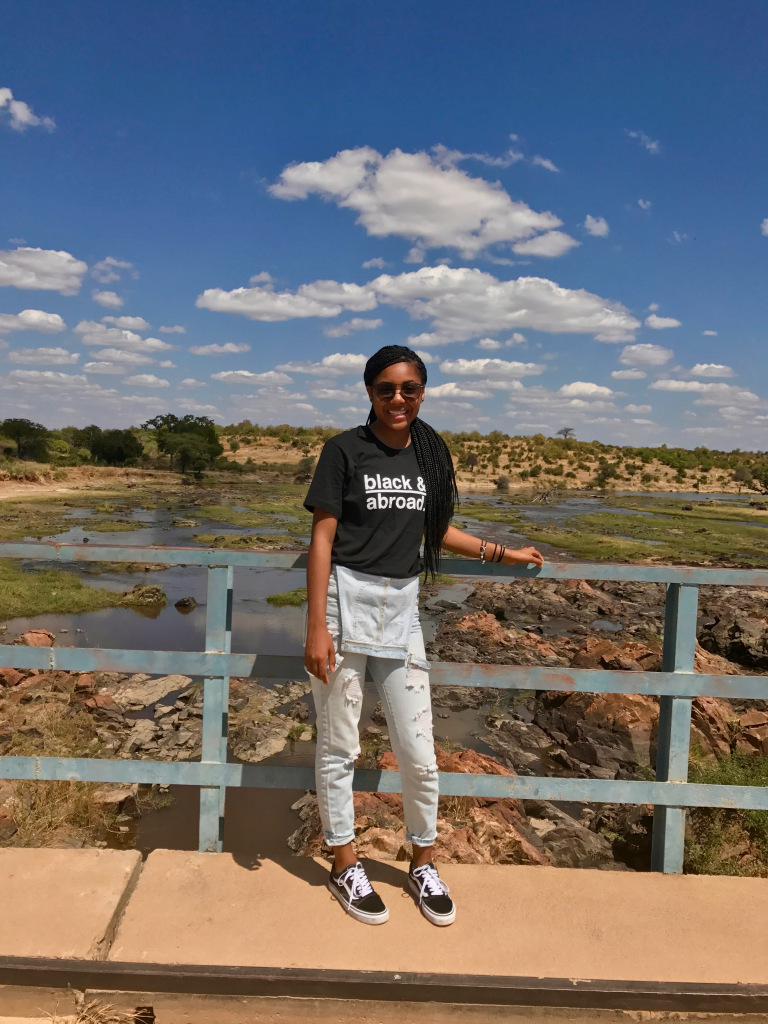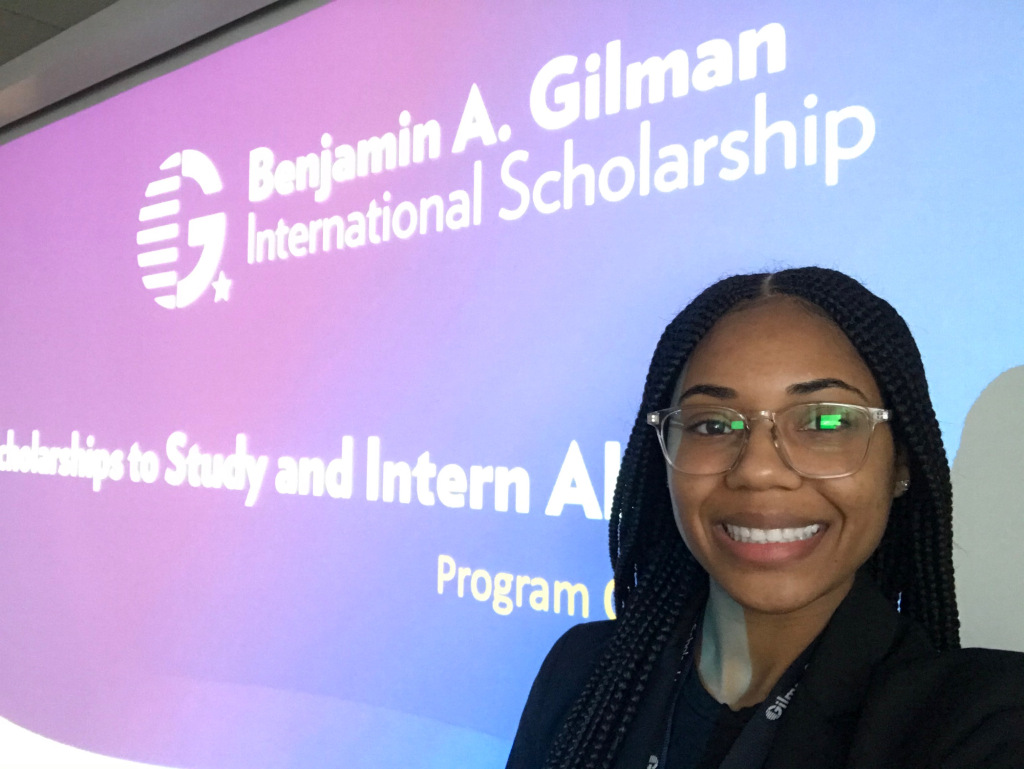According to the 2019 Open Doors Report published by the Institute of International Education, in 2017-2018 African-American students made up 6.1% of all U.S. students who studied abroad. This is up from 3.5% in 2005-2006.

This discrepancy may be due to perceived barriers to studying abroad. Some common misconceptions are that studying abroad will delay your studies, you need to be fluent in another language and study abroad programs aren’t affordable. While every experience is different I’ll share tips below on how to navigate the process.
- Some of your required courses may be ineligible for completion at an international university but, working with your study abroad advisor will assure you find the perfect program for you! As a STEM major, I was able to complete a 4-credit hour Microbiology course while in Tanzania.
- While knowing the language of your host country is an excellent skill it is most likely not required. For better or worse, many college-level courses are taught in English. But, this does not mean you shouldn’t take opportunities to speak your local language. Before I went abroad I watched cartoons in Swahili on Youtube to try and understand the basics.
- Studying abroad is not cheap! But, neither is college. Speak with your financial aid advisor about your financial aid and the department of your study abroad program about any scholarships or grants that may be available. My university had a $200 grant for students who had never been abroad before to purchase their passports.
Another barrier I faced is the lack of representation. I had never seen anyone who looked like me in any of the study abroad information sessions I attended nor did I know anyone personally who studied abroad. This is why being a Gilman Scholar has been so rewarding!
Aside from the funding I received for my trip, I have been welcomed into a network made up of people across the country in many different fields. The opportunities available to me as a Gilman Alumni and Ambassador have not only allowed me to speak to undergraduate students about my experience but, has also given me skills to use in my career.




